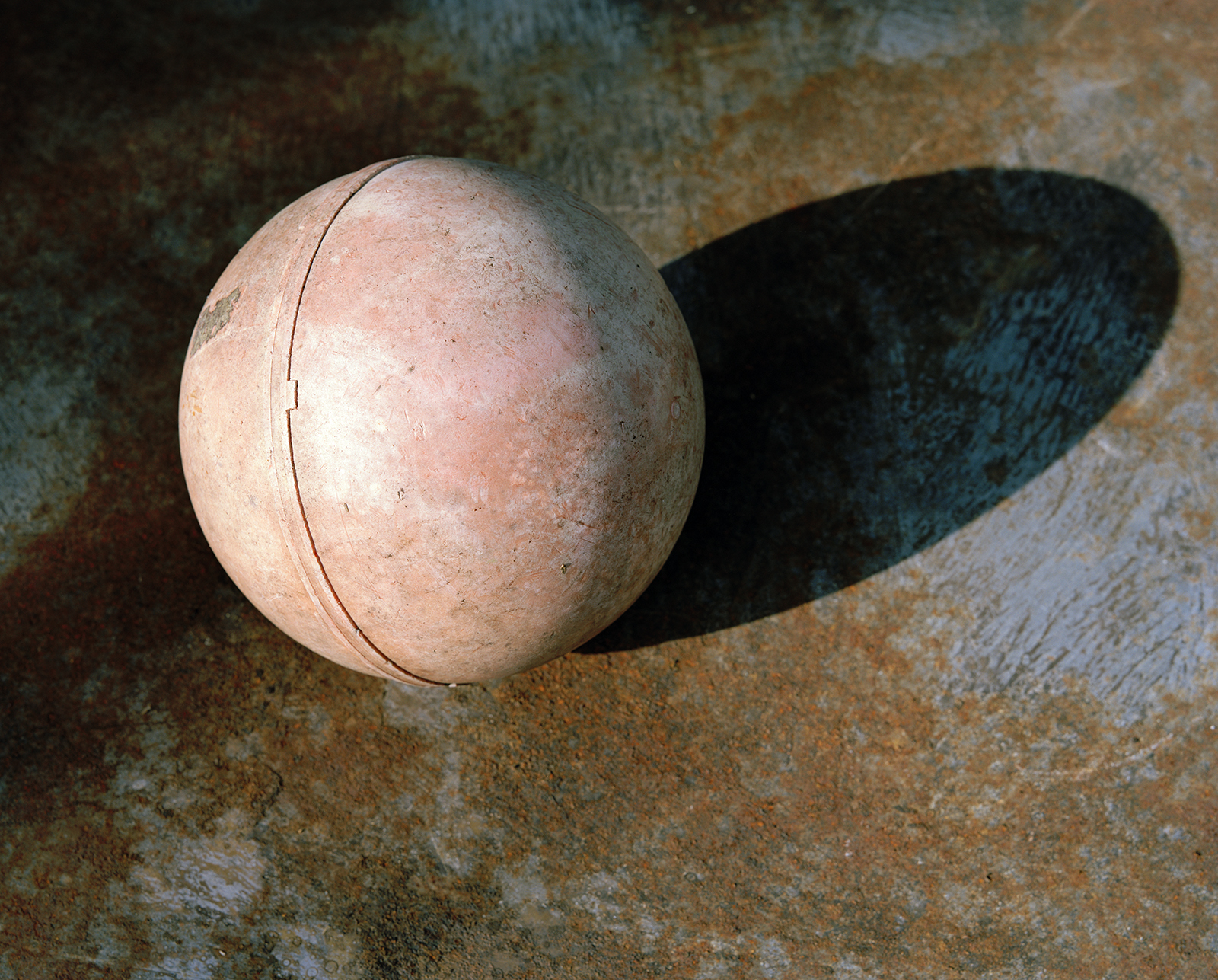KARIANNE BUENO
San Josef Bay is further away from the rest of the world than I remembered. I’ve been driving my rental – an impressive Canadian-style truck camper – for almost ten hours. It’s been raining for the best part of the journey. A dull drizzle merges land and sky into an endless grey, making me doubt my decision to go this early in the season. That said, since passing the mid-island mountains the sun is out and the earth feels warm. The further I move north the scarcer the population. Another car is a rarity and always heading in the other direction. I take the turn to Port McNeill to stock up on groceries for the coming week; there are very few amenities at Doug’s. The town feels hostile, turned inward, despite (or maybe because of ) its shoreline Main Street. The stench of rotten fish hangs over the mall’s huge parking lot. Loaded with groceries and eating a sandwich with an unlikely amount of meat, I exit the mall through the sliding doors. A group of Native Canadians pass a bottle between them. They call me names I don’t understand. Their booze-drowned laughs reveal the odd missing tooth. Poverty. Colonialism. Squeezed in, repressed and trapped by the new predominant force. I think of the pictures I saw of their ancestors. Proud, mystic people, with a divine respect for their environment. If only we had listened. Behind the windshield of a rusty Honda, a heavy woman stares ahead: her face a blank, as though in a vacuum. A sadness falls over me. What if this is your lot? Born in this outermost corner of the Earth, where average rainfalls create actual rainforests, with nothing else to do but fishing, logging or escaping for good? The sandwich makes me feel nauseous. I stuff the camper’s tiny fridge, fuel up, and turn out the lot. I’ll soon follow the sign to Holberg, onto a slippery gravel road and away from the inhabited world. (Text from the book's extensive index) |
